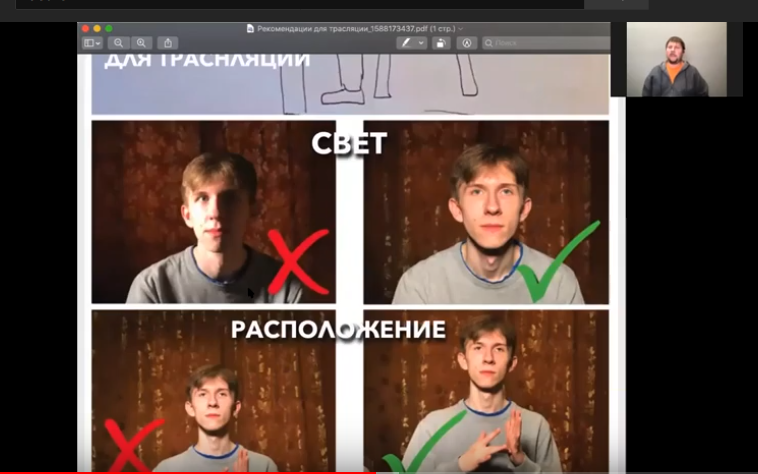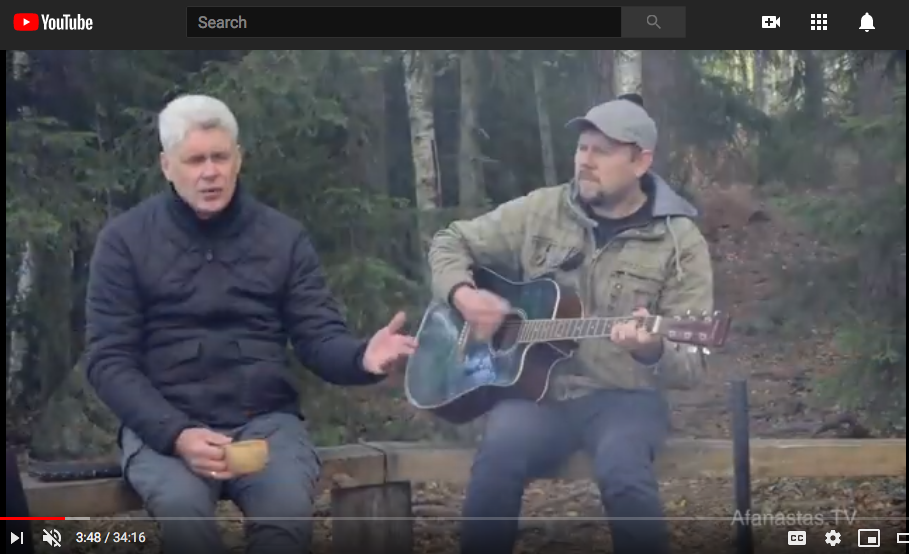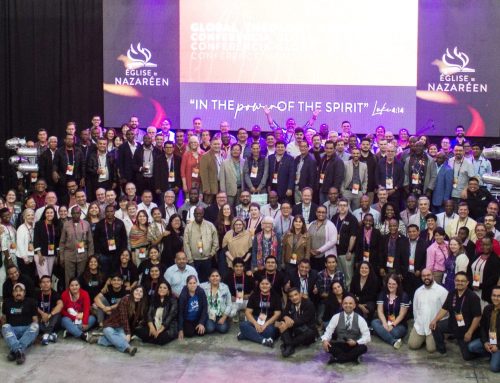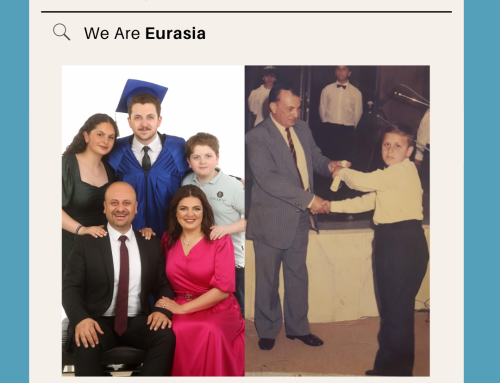Founder of a Russian YouTube channel with an evangelistic focus, Pastor Yuri is seeing his vision for online outreach and worship embraced by thousands of pastors and churches as pandemic conditions drive them to digital “spaces.”
In 2018, Yuri launched a travel and exploration-themed YouTube show in partnership with volunteers from a Finland-based Christian TV channel. Each episode explores a topic in history, travel, culture or politics, and includes a segment to study its spiritual components.
Yuri’s plan for the channel was to accumulate a minimum of 1,000 subscribers, and then gather those who were interested into small groups in their local communities for Bible study and worship.
As of May 2020, Afanastas.tv has 2,300 subscribers. Late last year, Yuri moved into phase two of his plan: he and his team filmed and posted two pilot episodes of “Church Without Walls,” a YouTube series explicitly dedicated to exploring faith in an online community. The worship, Bible study and prayer time is filmed outside in a wooded area, which helps underscore that God’s people can meet anywhere, even in spaces without physical walls.
“Our plan was to start recording this program on a weekly basis this May, but the quarantine happened and borders closed,” Yuri said. The closures have prevented the film team from coming together to film the programs, and some lost their jobs, so they are on hiatus.
The global pandemic may have interrupted Pastor Yuri’s forward progress, but it’s proving the value of his innovative vision for Internet-based ministry, evangelism and discipleship. He believes in it more now than ever.
“You can build relationships, you can talk about God,” Yuri said. “If you remember, two years ago we talked about that. But now (with coronavirus), it’s like, ‘This is what we needed!’ I plan to find a new team in Volgograd and we will make the pilot program with them.”
With his YouTube channel paused, Yuri pivoted to offering his expertise to other pastors and churches that suddenly find themselves thrust unprepared into online spaces for ministry. He recently delivered a webinar to Russia North District pastors and church leaders on best practices for online worship services, discipleship and fellowship (webinar in Russian: https://youtu.be/KXP4PxZLYsY).
Greater religious freedom and participation online Yuri first thought of using YouTube to reach unchurched, Russian-speaking people because the Russian government had passed legislation that made it very difficult for Christians to legally share their faith with anyone outside registered church buildings, or even to invite someone to church. Yet, YouTube and the Internet remains a largely “free space.” Believers can invite anyone to attend meetings in Zoom or Skype or to watch a faith-based program online without restrictions.
As Nazarene churches in Russia adapt to digital meetings, for now, already they are attracting new people. Recently, a church member invited an unchurched friend to join online Nazarene meetings. The woman has never attended any kind of church service before, including Russian Orthodox services.
“She is the first fruit of this vision,” Yuri said. “A lady invited her who knows her. She saw our Easter service program and she liked it. I hope that some time when the isolation is finished, we have the opportunity to meet her in reality.”
 Five Nazarene churches in Russia cooperated to host a combined Internet-based Easter service attended by about 100 people on April 19.
Five Nazarene churches in Russia cooperated to host a combined Internet-based Easter service attended by about 100 people on April 19.
One church is hosting small group Zoom meetings in which 10-15 people play games, spend time in discussion, and encourage one another through the separation and isolation of stay-at-home orders. It’s also an opportunity to share faith with those who don’t yet know God.
“The situation with the pandemic is a situation of stress,” Yuri said. “Everybody feels the stress. We talk about how we react in that situation, how God can help us with the stress. We need to change our emphasis from the Sunday services as the activity to which we invite our neighbors, and instead involve them in our online meetings and serve them. We need to think about how we can help them.”
A new landscape requiring new skills in his webinar, Yuri presented best practices for online worship, discipleship and outreach. The webinar explained why online services are an effective way to hold worship and reach the unreached, and provided technical knowledge to improve the visual and audio aesthetics.
For example, Yuri taught that among one of the critical differences between a traditional worship service inside a church and an online service is that the latter needs a digital host whose job is to run the technology and answer people’s questions so the pastor can focus on leading worship and preaching.
Additionally, churches need to think about those who have less access or comfort with digital technology.
“In our churches we have elderly people who could not participate in our online services because they do not have any kind of gadget,” he said. “They just have a cell phone without a screen. They can’t use Zoom, or Skype or YouTube.”
Young couples on the district have responded to these needs by voluntarily self-isolating for 14 days, and then visiting elderly members to distribute tablets for those who don’t have them, or helping them set up their devices so they can access the online church services and fellowship gatherings.
Yuri pointed out that this is a good time to involve young people in church ministry by inviting them to contribute their ease and expertise with the Internet and technology as part of their ministry and leadership in the church.
“We need to give them responsibility and trust them, because this is their time to do it.”
This article was written by Gina Grate Pottenger and previously published in the June 2020 edition of Where Worlds Meet.




